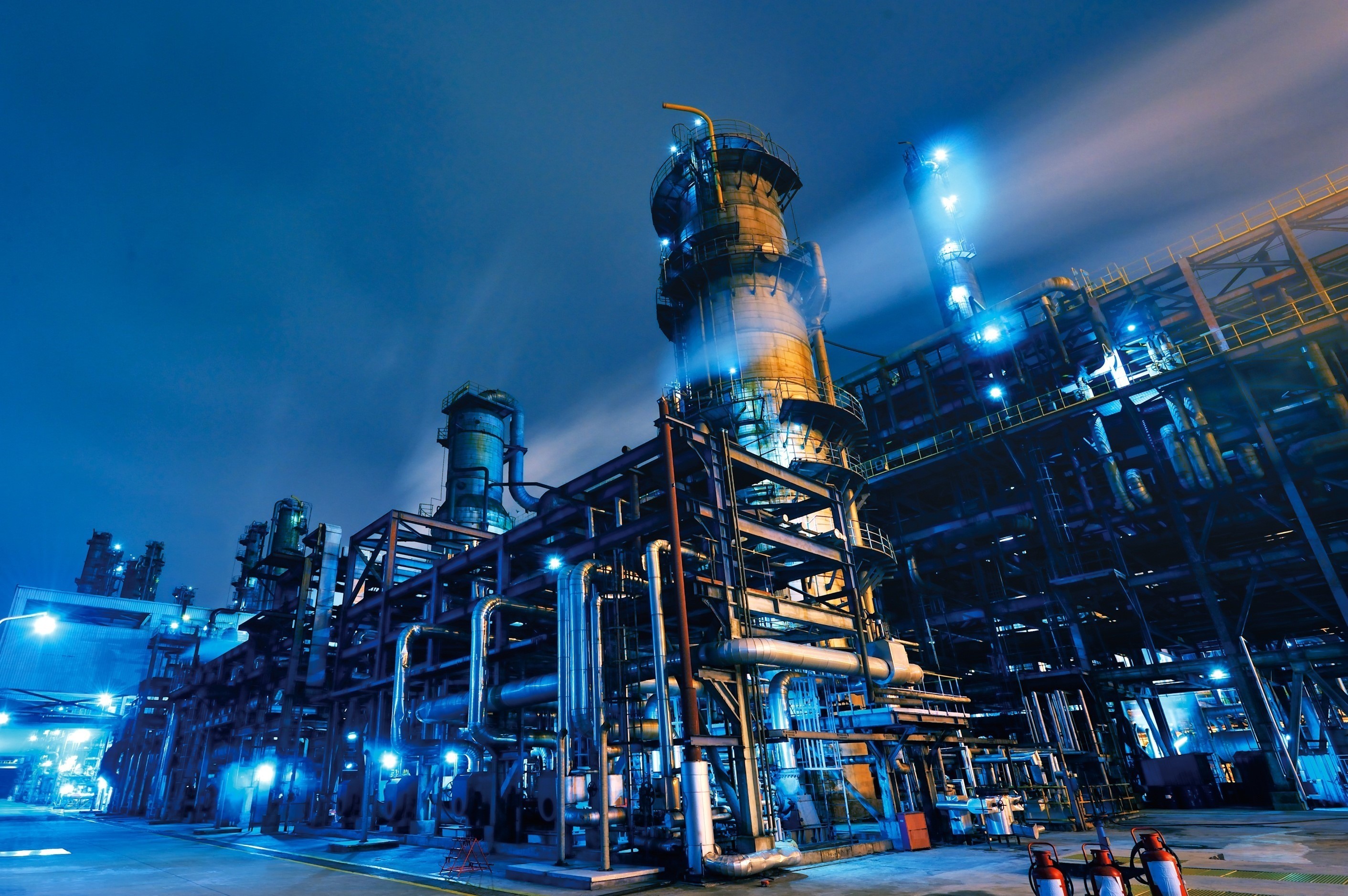
Chemical companies collaborate on low-carbon initiative
Submitted by:
Andrew Warmington
Ten major global chemical sector companies have agreed with the World Economic Forum (WEF) to establish what they called “a breakthrough, pre-competitive development platform to accelerate net-zero climate technologies”. They are BASF, Dow, DSM, Solvay, Clariant, Covestro, Mitsubishi Chemical, Air Liquide, Sabic and Sibur.
The companies will formalise the existing Low-Carbon Emitting Technologies (LCET) initiative into a stand-alone entity by the end of 2023, taking it “from incubation to its mission-critical implementation stage”. This will take the form of a project development company, in partnership with the WEF, which will share early-stage risks and co-invest in developing and scaling up low-carbon emitting technologies.
The LCET itself began in 2019 as a knowledge-sharing platform to accelerate greenhouse gas reduction in the chemical value chain. As envisaged at the outset, it will now become an implementation vehicle. It will seek” to foster creative public-private partnerships and to enable pre-competitive cooperation, especially on common challenges to the industry, to drive sustainable solutions and collectively solve challenges on the path to net-zero emissions”. “
We collaborate in the LCET initiative to jointly accelerate breakthrough technologies. We join forces to tackle critical technology challenges that cannot be tackled by a single company alone,” said Martin Brudermüller, BASF executive board chair and also chair of LCET. “Sharing technology and business risks in innovative ways is key to mastering this challenge successfully.”
The first two initiatives are in the commodity field: olefin production via steam cracking, and ammonia production based on dedicated hydrogen generation from methane or water. BASF, Sabic and Linde are already piloting the world’s first electrically heated steam cracker furnace in Germany. Further technological building blocks – such as hydrogen generation in low-carbon emission processes, using CO2 and biomass as feedstock and the electrification of chemical operations – are said to be in the PDC pipeline.
The LCET initiative aims to foster alliances, which could be structured as joint ventures or start-up companies, to innovate, share knowledge and reduce investment risks, including through shared IP schemes. Parallel project teams are addressing technology, regulatory, funding, market and collaboration challenges to accelerate the roll-out of specific projects.
The initiative is supported by the Mission Possible Partnership, which held a webinar on 14 October with speakers from the apex of high-carbon industries, including shipping, aviation and steel, discussing the challenges of reaching net zero by 2050. Conrad Keijzer, CEO of Clariant, was among them.
